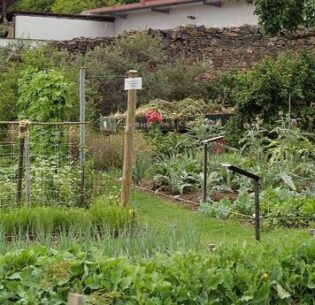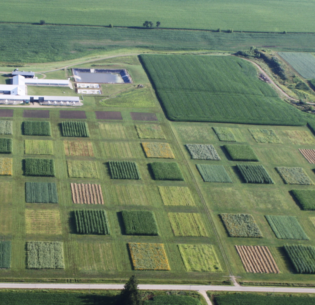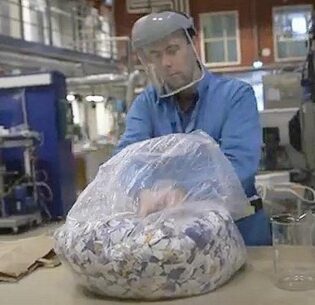Designing and introducing children to sustainable school lunches that are climate friendly, nutritious, affordable and culturally appropriate – lunches they enjoy – does that sound impossible? Researchers at Stockholm-based Karolinska Institutet have done it. Their study shows a new lunch menu resulted in a 40 percent reduction in climate impact with no increase in cost or decrease in consumption.
+Read More





